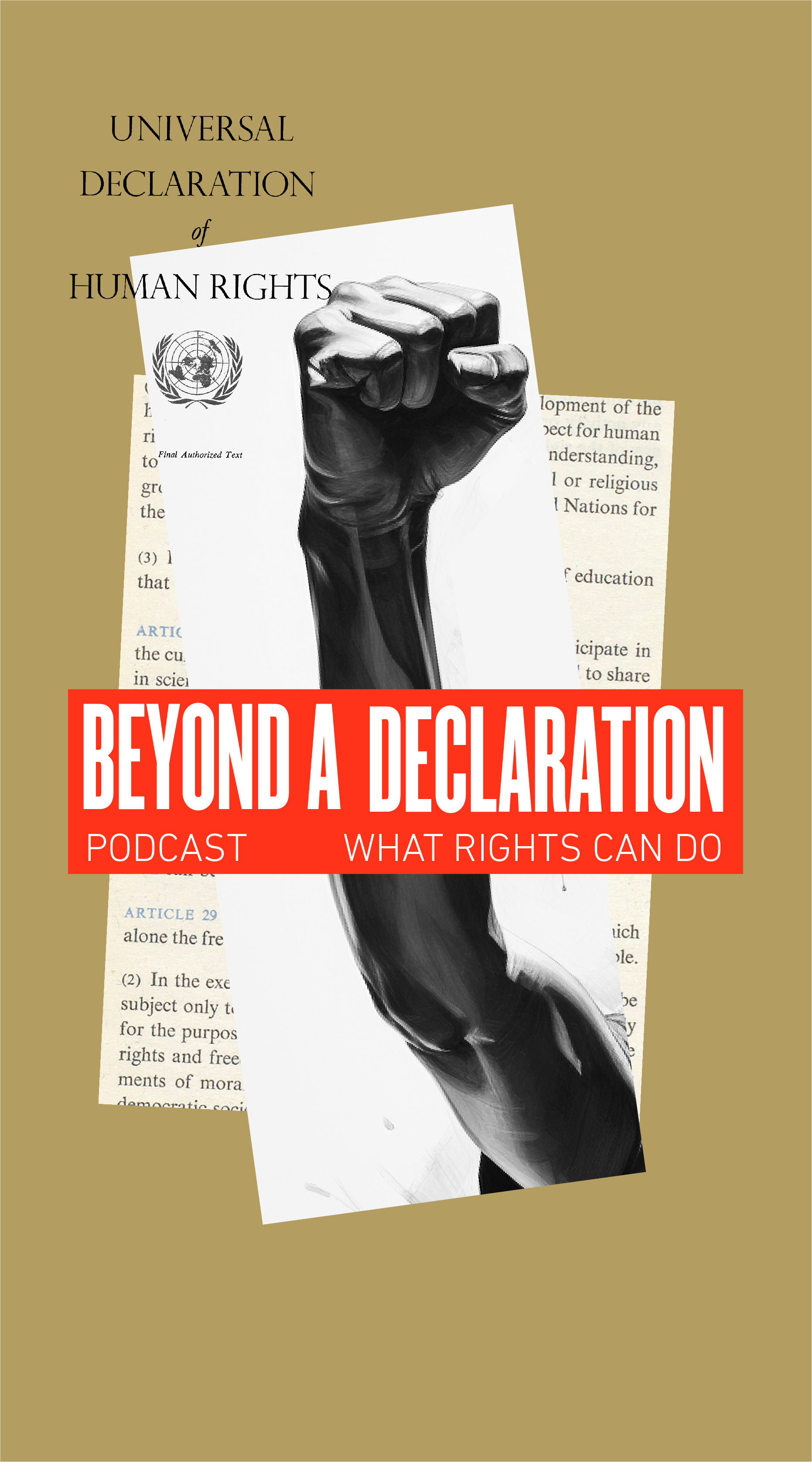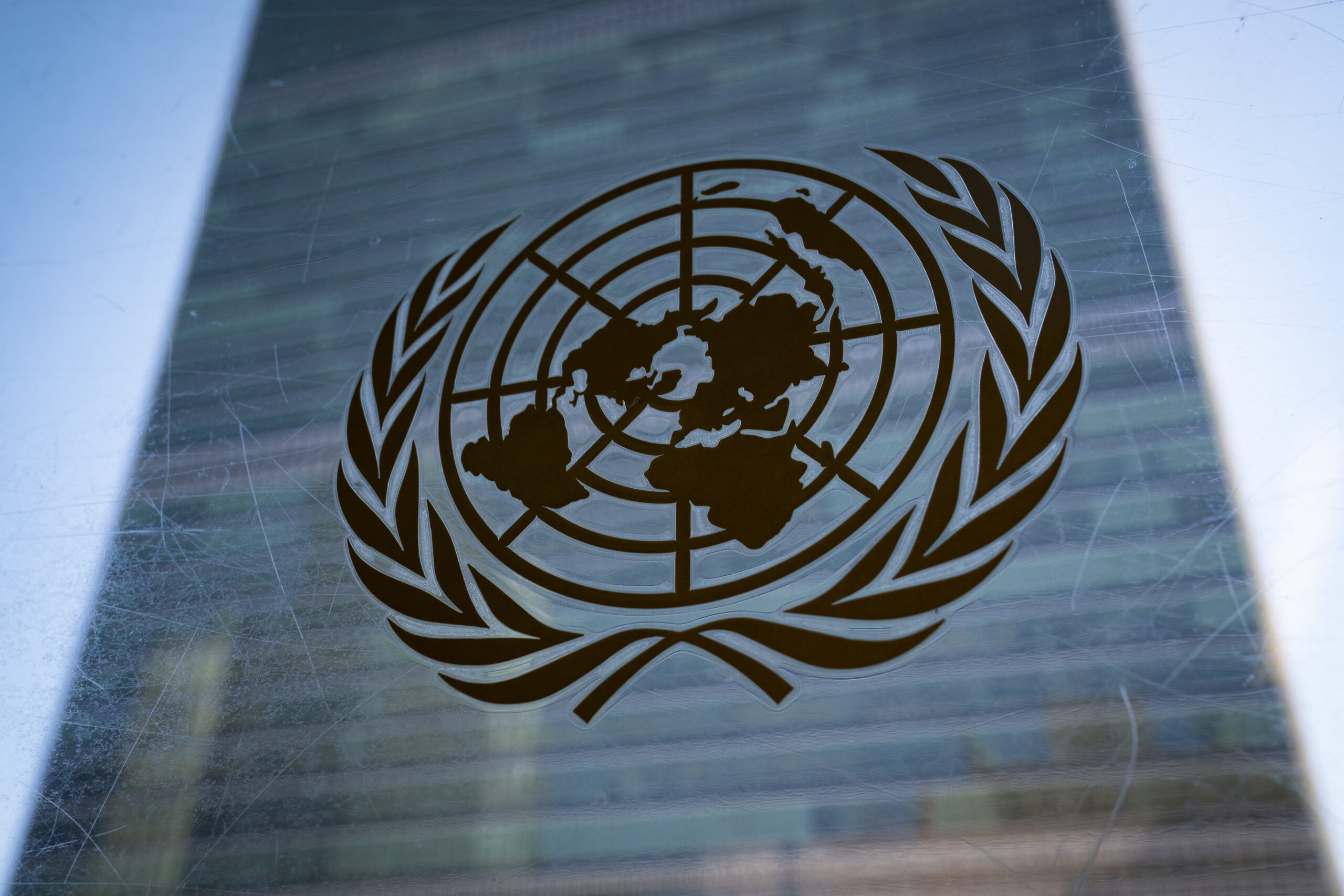Executive Summary
The United Nations alongside the World Bank and the International Monetary Fund (IMF) – also known as the Bretton Woods Institutions (BWIs) – and the General Agreement on Tariffs and Trade (GATT) – the predecessor of the World Trade Organization (WTO) are the “sites” where most, if not all global governance processes are carried out. Together, these institutions have created global rules that encompass almost every aspect of global policies from human rights, economic development, international security, global health, to environmental sustainability. From its foundational principles of multilateralism, human rights, fundamental freedom, and democracy, to its creation of numerous other human rights treaties, standards and processes, the UN has been established and normalized as the legitimized site of global governance.
The UN however, has also continued to face a set of challenges that is undermining its role and ability to serve as the central and legitimate site of global governance that includes the equal voices and participations of all countries. One of the key challenges facing the UN has been the asymmetrical power relations between states – between rich and poor countries and between the global North and global South. The creation of the BWIs, which predated the UN, was another such legacy which has left the BWIs – while legally under the UN system – as de facto independent of the UN, with a separate and dominant jurisdiction over global economic governance. This in part has contributed to on-going tensions and incoherence between human rights and sustainable development promoted in the UN and the neoliberal economic ideology promoted by the BWIs. Other challenges include undue donor influence, chronic lack of funding, and the corporate capture of many of the global governance processes within the UN.
It is within this context that the emergence and dominance of country groupings such as the Group of 7 (G7) and the Group of 20 (G20) as new sites of global governance that is undermining the role of the UN, needs to be viewed. Both the G7 and the G20’s claim for representativeness and effectiveness has no real merit, as its policies and decisions have been made possible through the exclusion of the majority of the countries in the world, behind closed doors, with no public opinion, and no democratic accountability. Many of the policies and decisions – ranging on issues such as tax, debt, and financial regulations – have been pointed out as beneficial only for a select few rich countries, global capital and multinational corporations, while failing to remedy the structural issues that led to the economic and financial crisis that the two Groupings were purportedly created to prevent. While purporting to act for global good, the G7’s goal has always been the maintenance of a few countries’ hegemony in the global economic order while imposing neoliberal economic policies on global South countries. The G7 creations of G20 was its efforts to pre-empt the risk to G7’s organizational legitimacy that resulted from both its political exclusiveness, and the failed neoliberal policies and decisions that it was promoting.
Despite the challenges facing the UN and the proliferation of groupings such as the G7 and G20, the UN remains the most democratic and human rights-centered site for global governance, where all countries can have a say regarding global issues and solutions. The crisis facing multilateralism combined with the need for international cooperation highlights the urgency of reforming and strengthening the UN. The call for reform and strengthening of the UN is not new, and various forms of alternatives and proposals have existed, led by states, civil society or academics. The UN itself has undergone several reforms and changes since its founding more than 77 years ago, which have led to the emergence of alternatives such as the Non-Aligned Movement, Group of 77 and China, and the creation of the United Nations Conference on Trade & Development (UNCTAD). The concept of the New Economic International Order (NIEO) and the Right to Development had emerged because of the advocacy and engagement of the global South within the UN system and continue to influence the mandates and work of the UN to this date.
Many of the key economic policies and decisions that the G7 or G20 have pursued in its exclusive clubs are policies and issues that have long been discussed, debated, and advocated by various actors and organs within the UN system. Therefore, transferring this global governance power and decision-making from the G7/G20 to the UN is not impossible and are in fact, necessary. Issues around debt, tax and financial regulations, and just global economic governance are not new, and several proposals and alternatives have been put forth within the UN.
In challenging the power of actors outside the UN – such as BWIs and exclusionary forums – where economic global governance have been carried out, proposals have been put forth on ways to restore this decision-making back to the UN. A Fourth UN Financing for Development Conference under the auspices of the UN ECOSOC have been proposed and this proposal aims to address the democratic deficit and structural issues in global economic governance and includes extended proposals on financial regulations, debt, tax, trade, and technology.
The global South has long demanded a debt restructuring mechanism within the UN to address debt issues faced by developing countries. This idea has been developed further with more recent proposal to establish a multilateral legal framework for a debt workout mechanism and basic principles for a sovereign debt restructuring process.
On the issue of tax, global South countries have been advocating for a global, inclusive norm-setting body for international tax cooperation within the UN which would allow all member states to have an equal say on tax issues, and a UN Convention on Tax to tackle issues of illicit financial flows. Today, there remains support for a UN Tax Convention amongst both member states and civil society as expressed in the 2023 UN ECOSOC Forum.
All these proposals illustrates that there is still enormous potential and possibility of pursuing economic issues, and a new and democratic global economic architecture within the UN, with the potentials and possibilities resting on the political will of states. Pursuing just global governance through international cooperation and solidarity is necessary, and proposals such as these will contribute to strengthening the UN as the center and legitimate site for all global governance.



